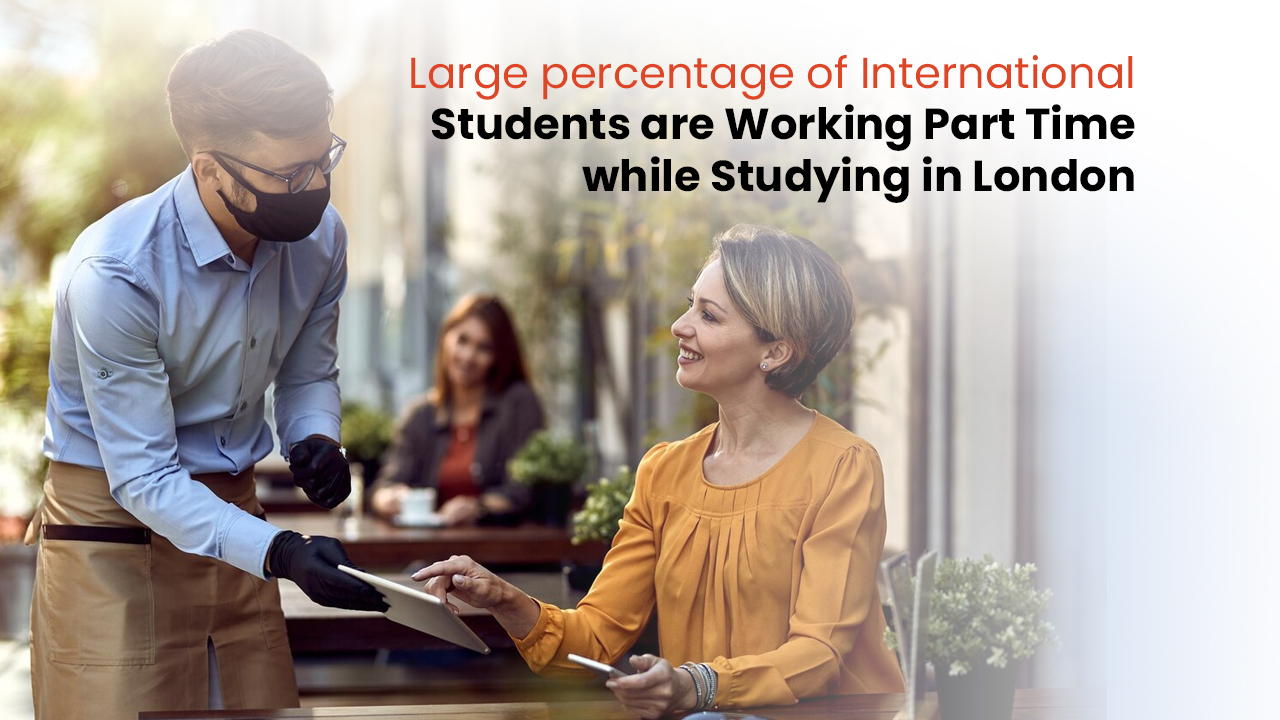The bustling city of London has been a source of academic excellence and a business hub for a very long
time. Students from all over the world choose to study in London because there are so many
opportunities for both education and career. The wide network benefits students and businesses to
grow. Most international students prefer to work part time during their off study hours as well as
holidays, and London is a great place to study along with part time work.
A recent report underscores the necessity of adopting a cohesive strategy to enhance the welfare of
international students across different institutions within London. The prominent higher education
association in the UK capital, London Higher published this report to tackle the viewpoints of both local
and international students concerning their educational experiences in the city. The results highlight the
importance London graduates place on their prospects for employment after completing their studies.
The report reveals that students in London are actively involved in internships and placements,
averaging 6.41 hours, which exceeds the national English average of around 5.57 hours. Notably,
students in London show a stronger preference for courses that include placements and internships,
suggesting a heightened focus on the employability outcomes of their educational programs. Moreover,
the report brings attention to a significant concern regarding the welfare of international students in the
capital. It points out the necessity of refraining from broad generalizations when discussing the various
strategies institutions may employ to improve student wellbeing. Despite the advantageous
employment opportunities available to international students in London, it’s important to highlight that
nearly two-thirds of them engage in paid employment, a notably higher rate compared to the UK
average of 55%. Nonetheless, the report suggests a reassessment of the number of working hours
international students undertake.
In terms of overall satisfaction, the report reveals a polarized trend among international students in
London. Approximately 16% of non-EU international students still rate their life satisfaction at 9 or 10 on
a scale of 10. Conversely, the ratio of EU students expressing similar levels of satisfaction has increased
to 14% in recent years. As institutions focus on student welfare, it is crucial to consider the nuanced
perspectives and experiences of the diverse international student community in London.



